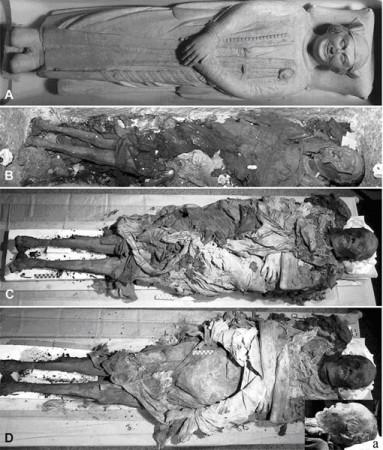
The murder mystery of a medieval warlord, who was a patron to the renowned poet Dante, has finally been solved with the help of his centuries-old poop.
Described as the most powerful man in the history of Verona, Cangrande della Scala was killed in 1329, at the age of 38. His death - which came shortly after he took over a city north of Venice, during a campaign to control the entire region of Veneto in northern Italy - has always been seen as a political murder.
Over the 700 odd years that have passed since his death, conspiracy theorists have speculated that him suffering from diarrhoea just a few days after gaining control of the city of Treviso was not merely a coincidence. However, the cause of death was not known until now.
Discovery news reports that the Italian nobleman was poisoned with a deadly heart-stopping plant, known as Digitalis or foxglove. The researchers from the University of Pisacame reached this conclusion after exhuming Scala's body from a tomb in Verona in 2004, conducting CT scans and analyzing the mummified body using X-rays.
Although initial studies had indicated that Scala probably was just a victim of bad health - with arthritis, liver damage, tuberculosis and a throat full of vomit; it was his dried-out feces that helped the experts solve the mystery. Traces of foxglove was found in his feces, confirming that the medieval warlord was poisoned with the toxic plant that causes gastrointestinal distress, drooling and even seizures.
Now that the cause of death has been identified, answers to various questions like who administered the poison to him, why it was done and so on need to be found.
Nevertheless, the fecal discovery has proven to be groundbreaking and may be applied in solving other historical cold murders.
















